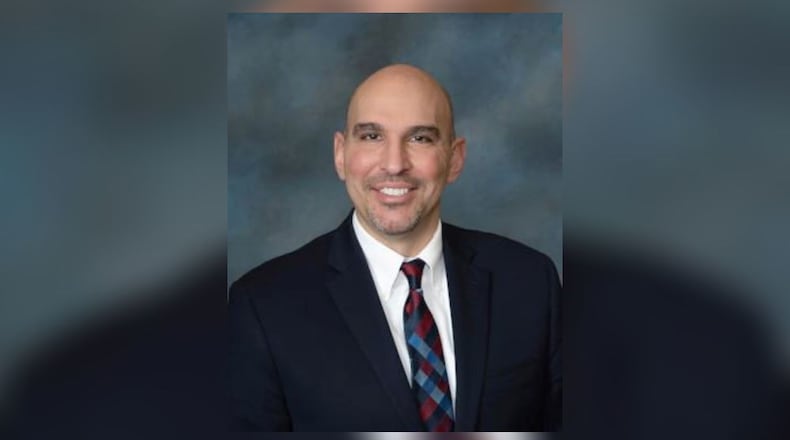This tax increase would only raise $2 million a year. An independent estimate said that a hospital that meets the criteria laid out by the group behind this initiative would cost more than $500 million a year to operate. Construction costs alone would be $450 million. The city would have to cut vital services like the police and fire departments, and also significantly raise taxes even more to actually pay for the hospital laid out in Issue 9.
There are more problems with this tax. Issue 9 would tax only Daytonians, but would provide care to people who do not live in the city. Dayton taxpayers are already struggling and this would be an unfair burden to put on them.
When the city has placed tax levies on the ballot for residents to vote on, we’ve described exactly how we’ve planned to follow through on our promises. A tax levy should contain a workable plan and a timeline, which allows residents to measure progress toward the goals and to hold officials accountable. This tax levy contains few, if any of these components. There is no plan for raising the additional millions of dollars needed. There are no agreements with partners who could help build and operate a hospital, and there are none who have even mentioned any interest. This tax levy raises people’s hopes without a real plan or enough funding to build and operate a hospital. Daytonians will pay more in taxes but this plan will not make our city healthier.
Like most, I felt angry and helpless when Good Samaritan Hospital closed in Northwest Dayton. People in higher levels of our government who could have helped prevent it instead ignored it, making our health care crisis even worse than it was. Since then, our City Commission has worked hard with partners to help open more and bigger healthcare facilities in West Dayton, starting with a big expansion of the facilities of Grandview-Kettering Health Dayton hospital, less than three miles away from the former Good Sam, and continuing with the care available at the Northwest Health and Wellness Campus on Salem Ave., the new primary care facility on Gettysburg, and the coming Dayton Children’s Pediatric Clinic on Germantown St., among others.
My Commission colleagues and I are committed to working with partners like these to provide better healthcare to all of our residents. But we need to do the hard work of finding creative solutions that are actually possible, not misleading our residents by making expensive promises that can’t be kept.
I hope you will join me in voting against the Issue 9 tax levy to defeat this unworkable plan and then join us in working towards real healthcare access in Dayton
Matt Joseph is a Dayton City Commissioner.
About the Author
